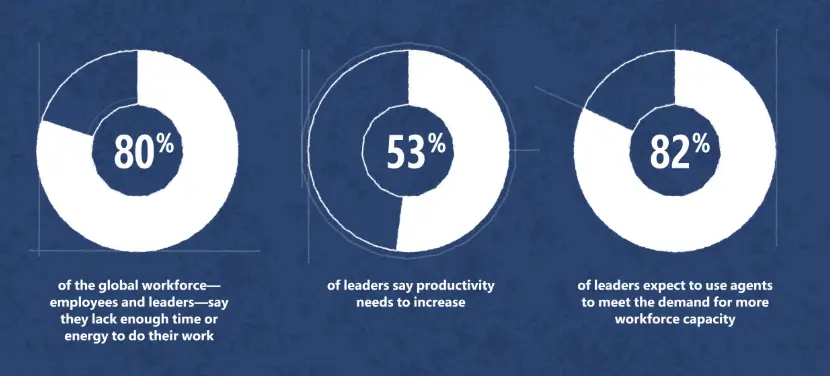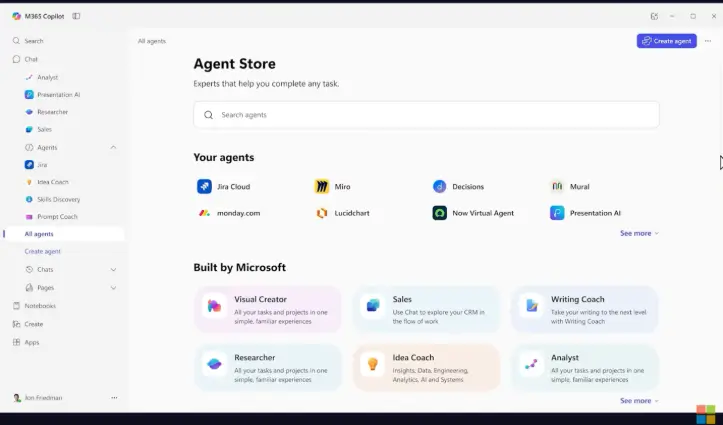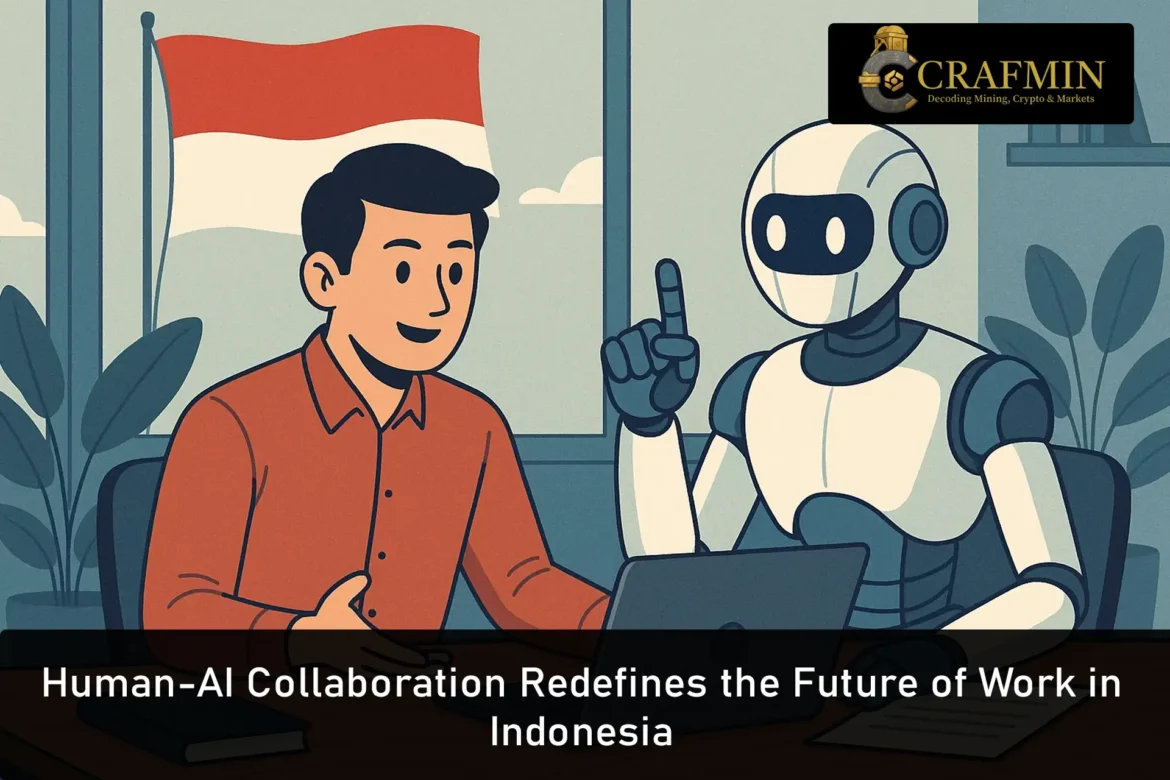Microsoft has released new insights from its Microsoft Work Trend Index 2025, focused on Indonesia’s shifting work landscape. This year marks a turning point, as businesses across Indonesia prioritise human-AI collaboration to drive innovation and productivity. According to the report, 97% of Indonesian leaders believe 2025 is the time to rethink work strategies and operations. This percentage exceeds global averages, highlighting Indonesia’s readiness to embrace digital transformation at scale.
The study reveals that integrating AI in the workforce is no longer optional—it’s a necessity to remain competitive. It is not just a technology shift but a mindset evolution focused on intelligent workflows and AI-enhanced roles. Indonesian firms are stepping into the era of Frontier Firms—organisations where AI agents function alongside human employees.

The Rise of the Frontier Firm Model in Indonesia
The Microsoft Work Trend Index defines the Frontier Firm as a business built on human-AI teamwork and digital efficiency. This model replaces traditional hierarchies with intelligent ecosystems where AI agents assist and automate daily tasks. From finance to public services, human-AI collaboration is restructuring teams and driving rapid gains in productivity.
The transformation unfolds in three stages—starting with AI as a task assistant and evolving to autonomous AI workflows. In the final stage, humans guide strategy while AI agents run defined operational processes with minimal supervision. This evolution enables businesses to move faster, reduce costs, and focus on creative and strategic work.
Dharma Simorangkir, President Director of Microsoft Indonesia, said AI gives Indonesia a leapfrog opportunity in global markets. He emphasised the potential to build smart, resilient businesses that reflect local ambition and innovation.
Investing in AI to Bridge the Productivity Gap
The study found that 63% of Indonesian leaders see the need to raise productivity across their organisations in 2025. Yet 88% of the workforce say they lack the energy or time to meet rising job demands effectively. To solve this, 95% of Indonesian leaders are ready to integrate AI agents into their teams within two years.
Over half—52%—have made digital labour expansion a top goal, prioritising team capacity improvement through AI tools. Frontier Firm employees in Indonesia report twice the optimism about managing workloads compared to global peers. They also express confidence in focusing on more meaningful work, indicating a positive impact of AI productivity.

Global workforce under pressure
AI Agents Are Restructuring Workplace Dynamics
AI is not only boosting productivity—it is also reshaping job roles and how organisations operate in Indonesia. Currently, 59% of Indonesian companies use AI agents to automate tasks, higher than the Asia-Pacific average of 53%. Nearly half of employees prefer using AI over a colleague due to its 24/7 availability and faster output.
Other advantages cited include better idea generation (38%) and improved task speed (28%). Interestingly, 66% of Indonesian workers use AI as a brainstorming partner, while 33% treat it as a command tool. These insights reflect a growing comfort with AI in daily tasks and team collaboration.

Empowering Workers to Manage Their Own AI Agents
In the next five years, Indonesian teams will gain new responsibilities in designing and managing AI systems. Leaders expect teams to train AI (60%), build multi-agent systems (63%), and manage AI agents (58%). About 48% expect employees to redesign existing workflows using AI, transforming legacy processes into smart systems.
Managers also predict a surge in AI training needs, with 65% making it a core team responsibility moving forward. However, a knowledge gap exists—87% of leaders understand AI agents, but only 56% of employees do. Bridging this AI awareness gap is critical for inclusive and effective human-AI collaboration.
Also Read: Platinum Price Surge Sparks Global Interest in Undervalued Precious Metal
Aligning AI Roles with Human Creativity
Microsoft urges organisations to adopt a balanced human-agent ratio that complements both AI speed and human creativity. Hiring digital employees and automating clearly defined roles must be matched with investments in staff upskilling. This ensures AI remains a tool to empower, not replace, the human workforce across Indonesia.
Organisations must define how AI fits into business processes, helping teams collaborate and innovate more efficiently. The aim is to build confidence across all employee levels while treating AI agents as active digital colleagues. This transformation supports long-term goals like the Golden Indonesia 2045 Vision through inclusive digital growth.
Microsoft 365 Copilot Unlocks New AI Collaboration Features
To support this shift, Microsoft announced new tools in its Microsoft 365 Copilot Wave 2 spring release. Key features include AI-powered search, Copilot Notebooks, the Agent Store, and a user-friendly Create experience. These tools make it easier for Indonesian businesses to adopt and scale human-AI collaboration across workflows.
The updates reflect Microsoft’s mission to deliver “a Copilot for every employee and an agent for every process.” Ricky Haryadi, Sr. Go To Market Lead for ASEAN, said these tools empower staff to work faster and more creatively. The company envisions AI agents not as replacements, but as essential team members in the workplace of the future.

